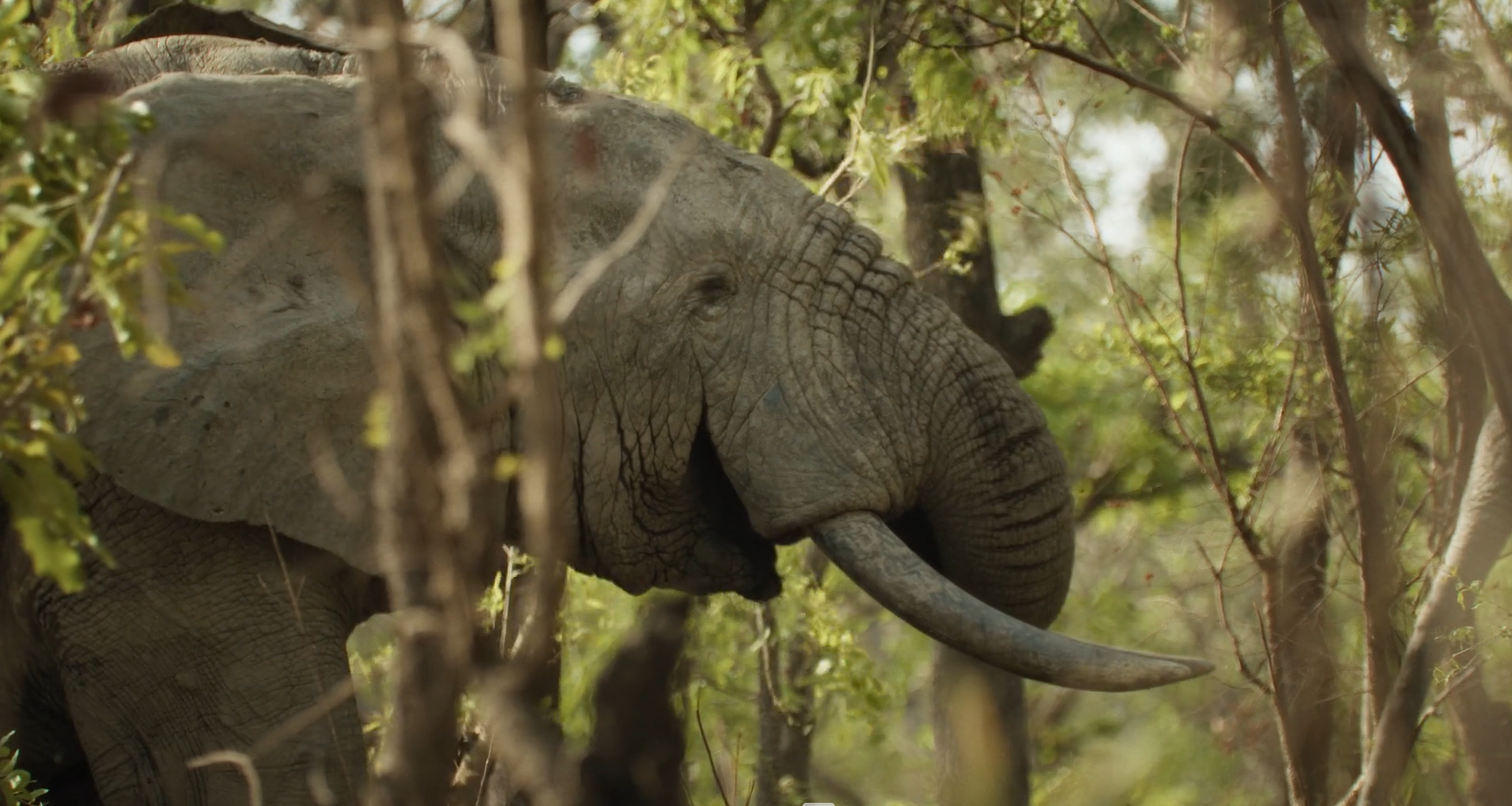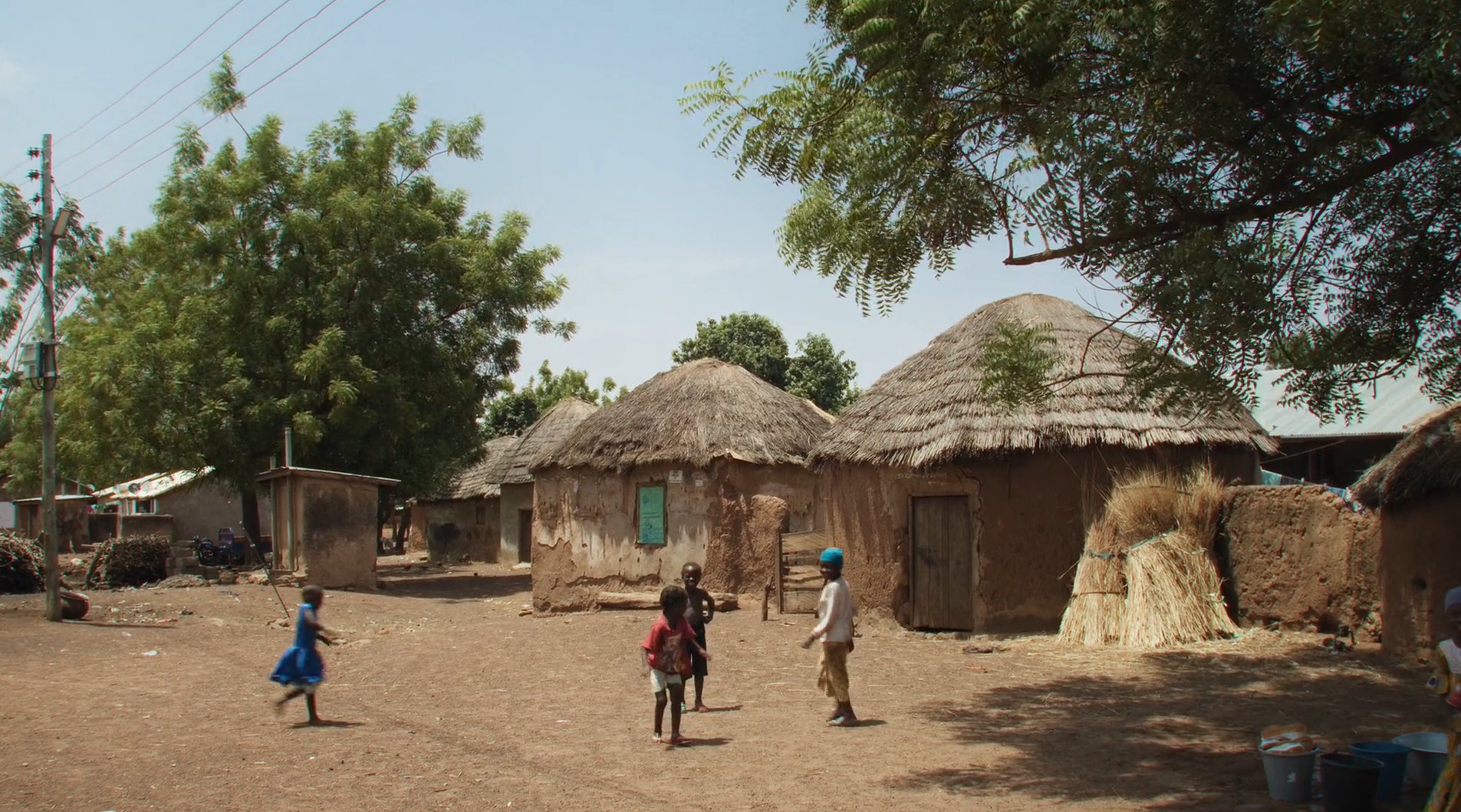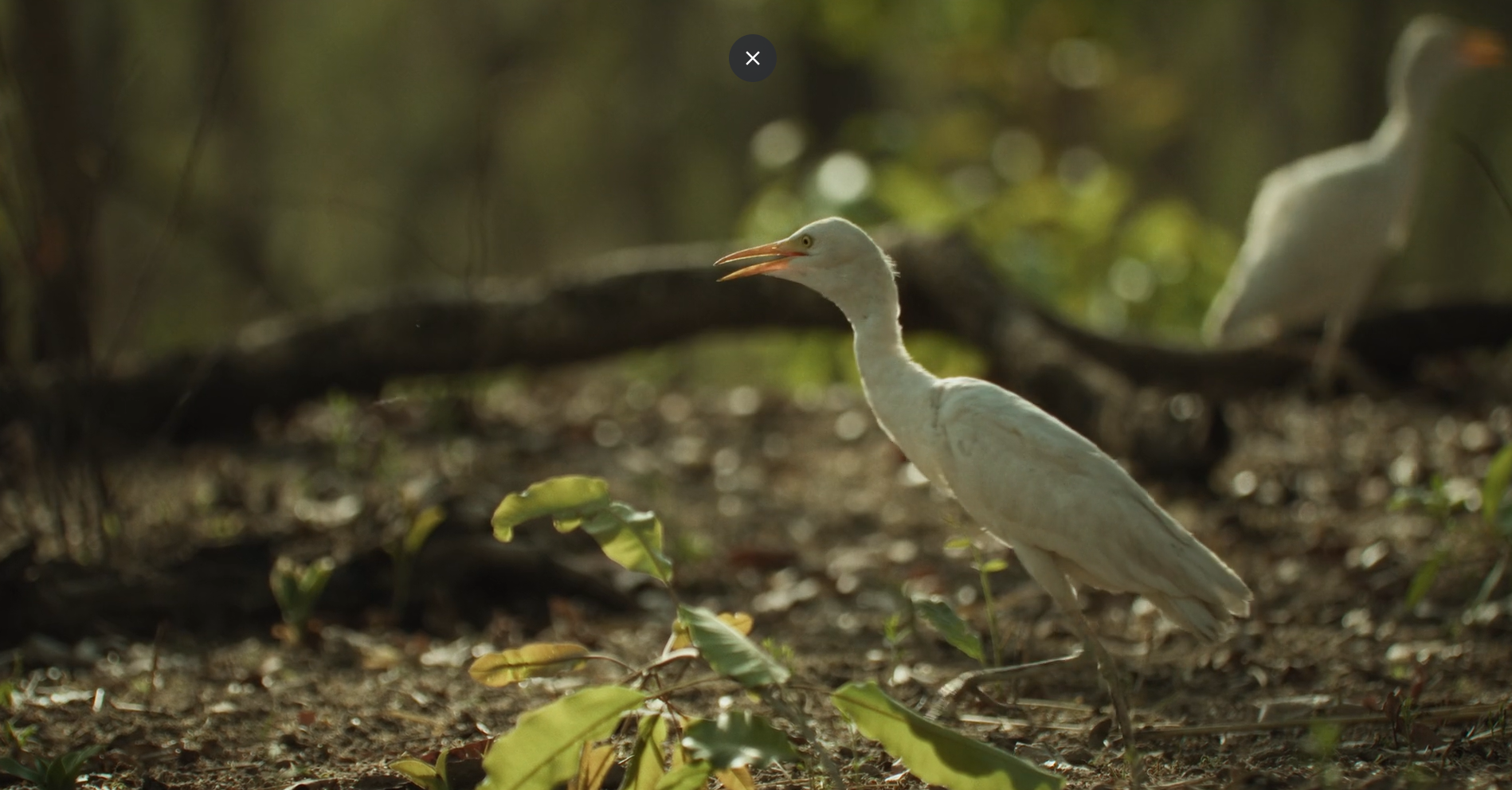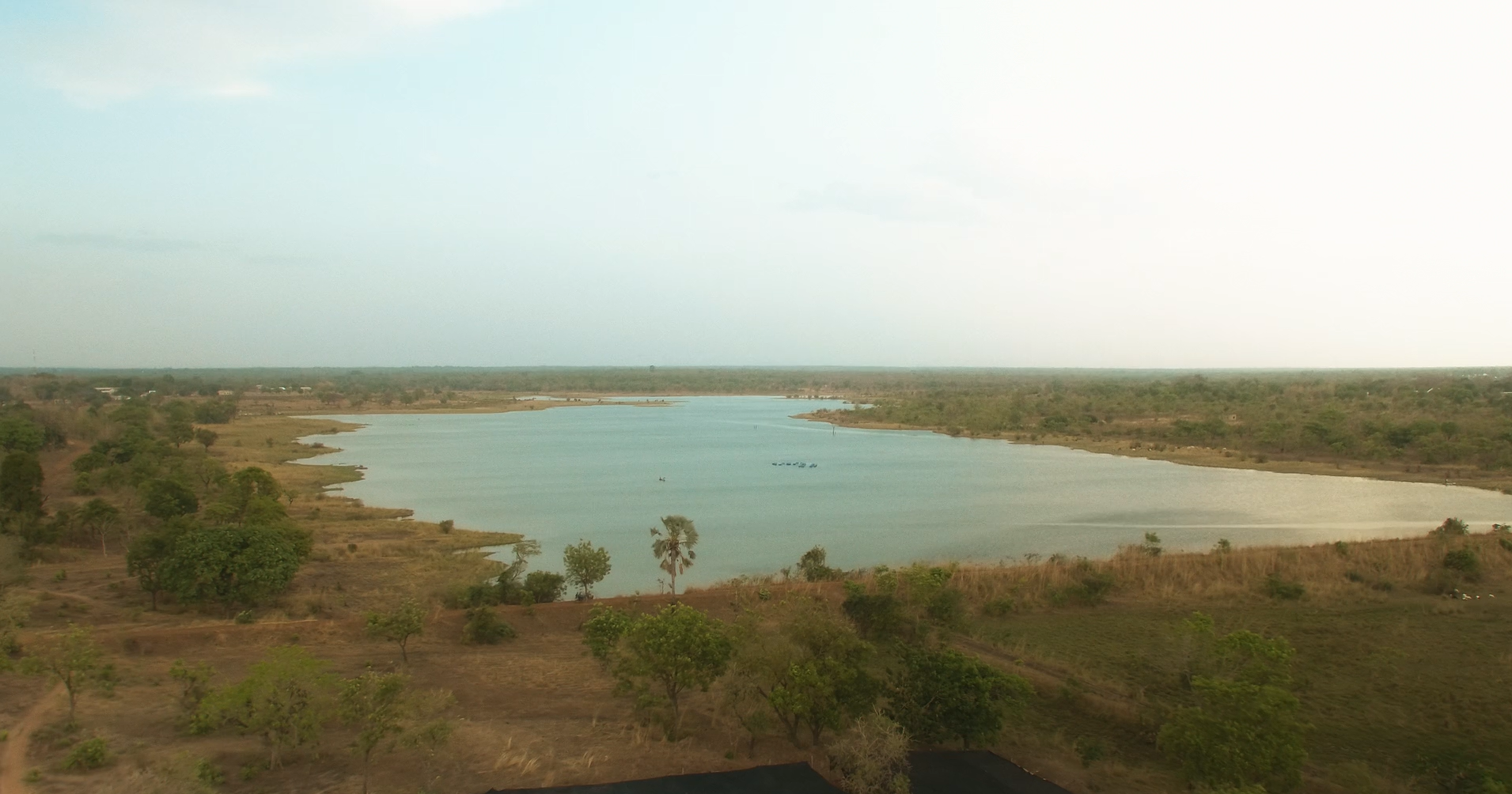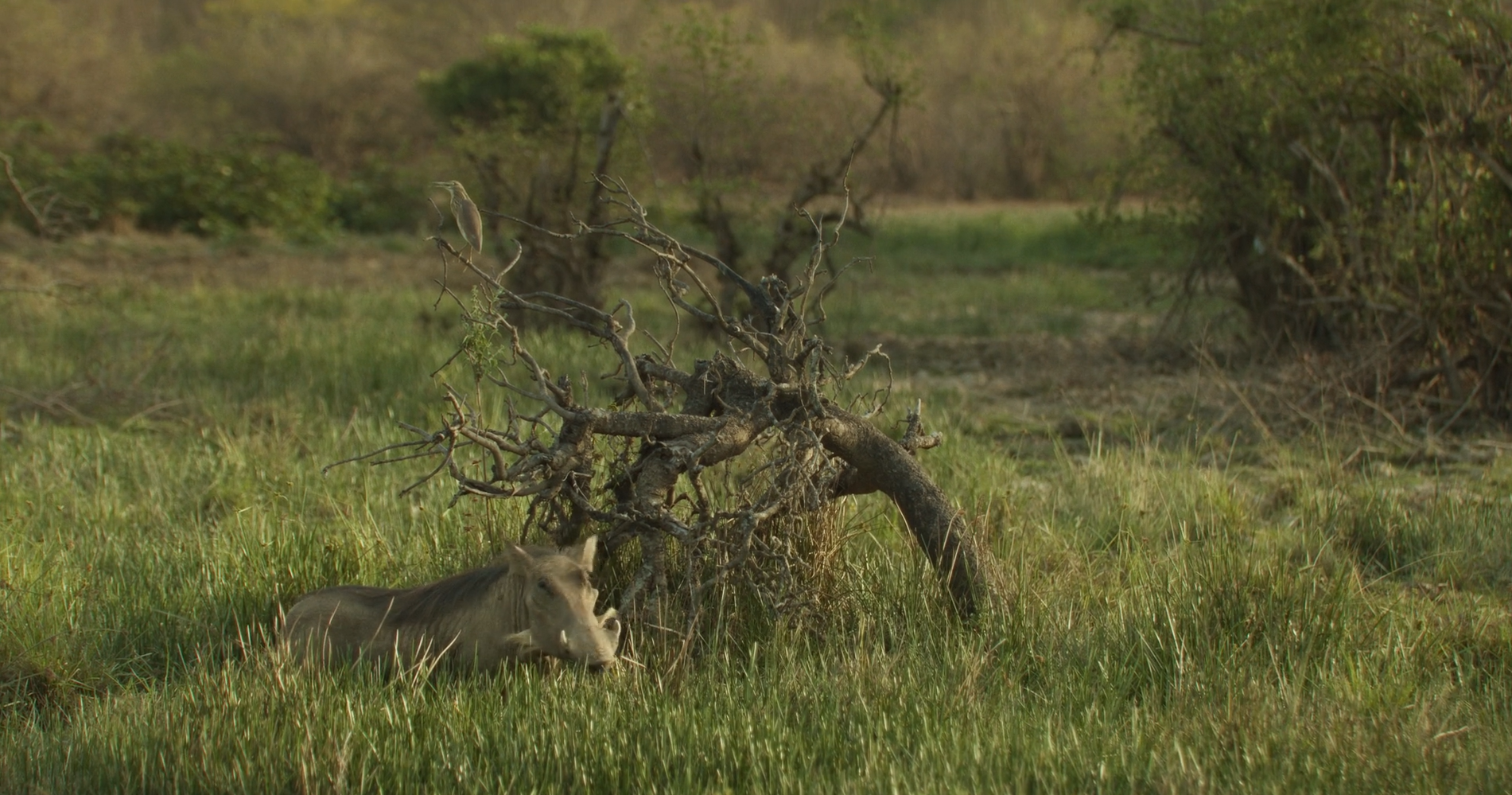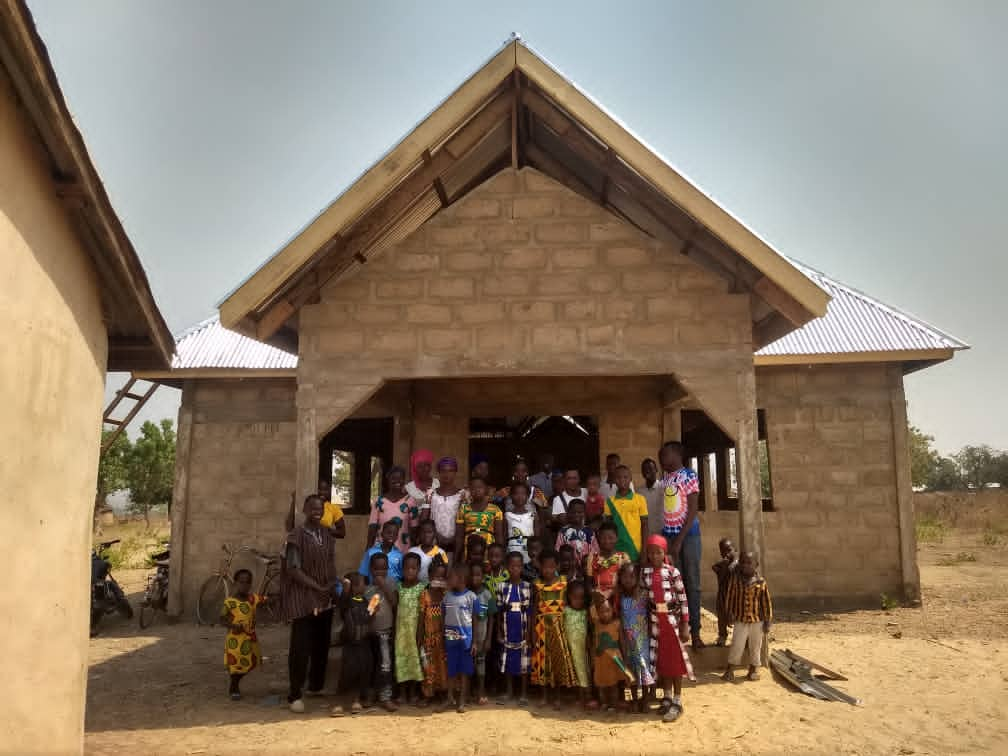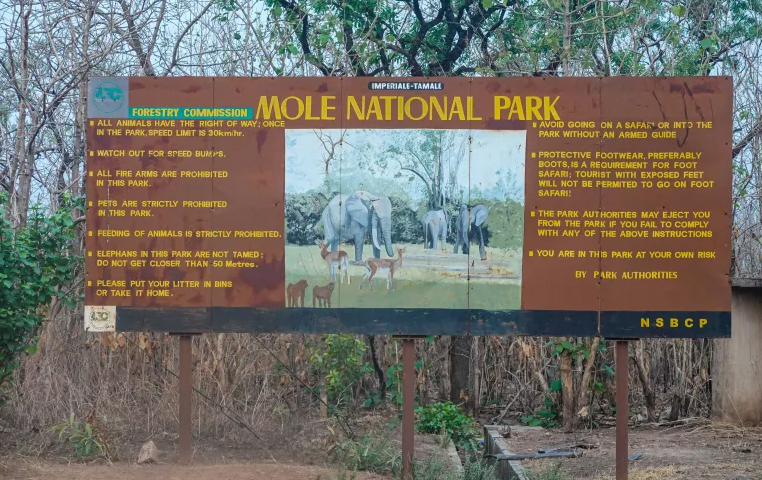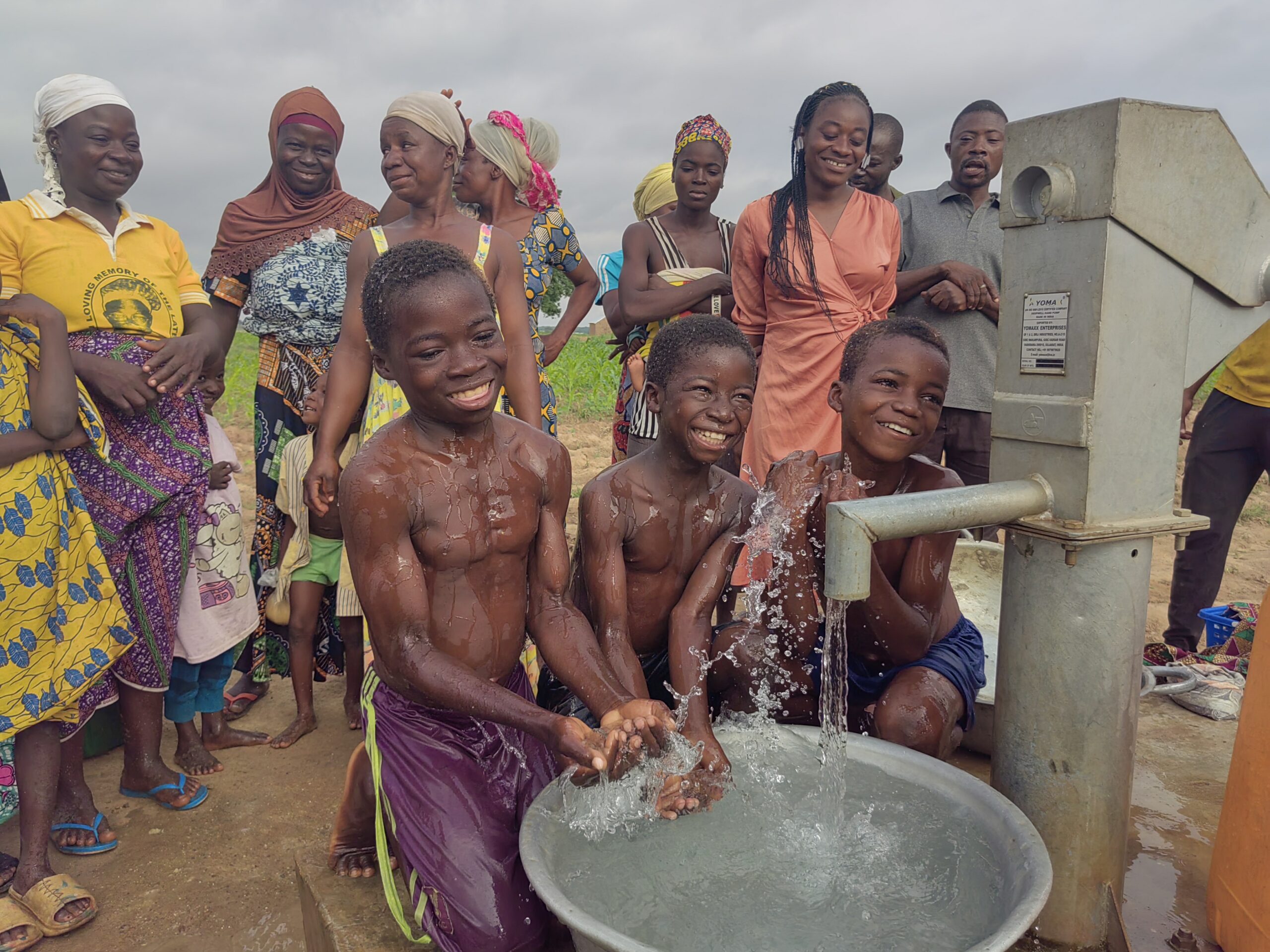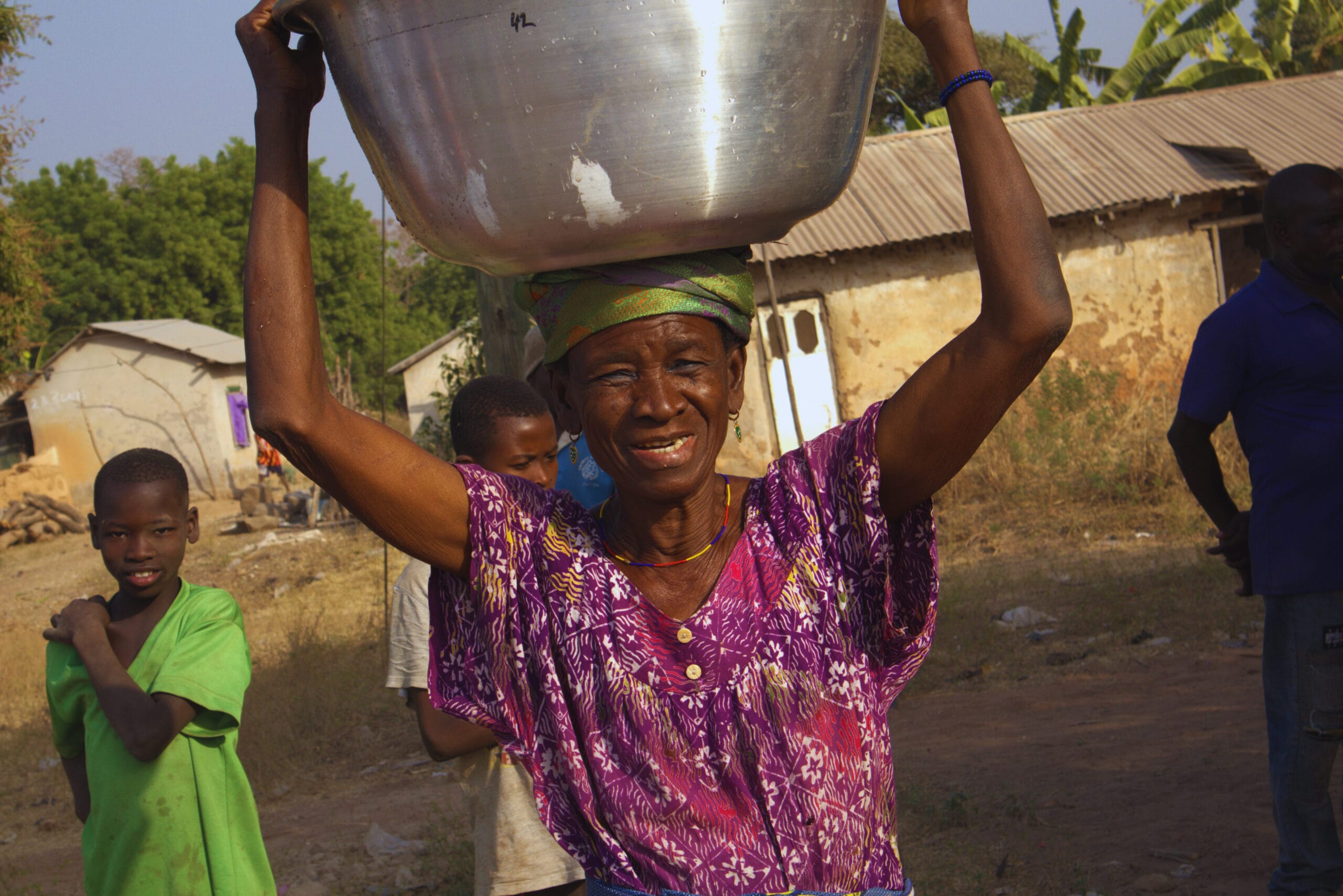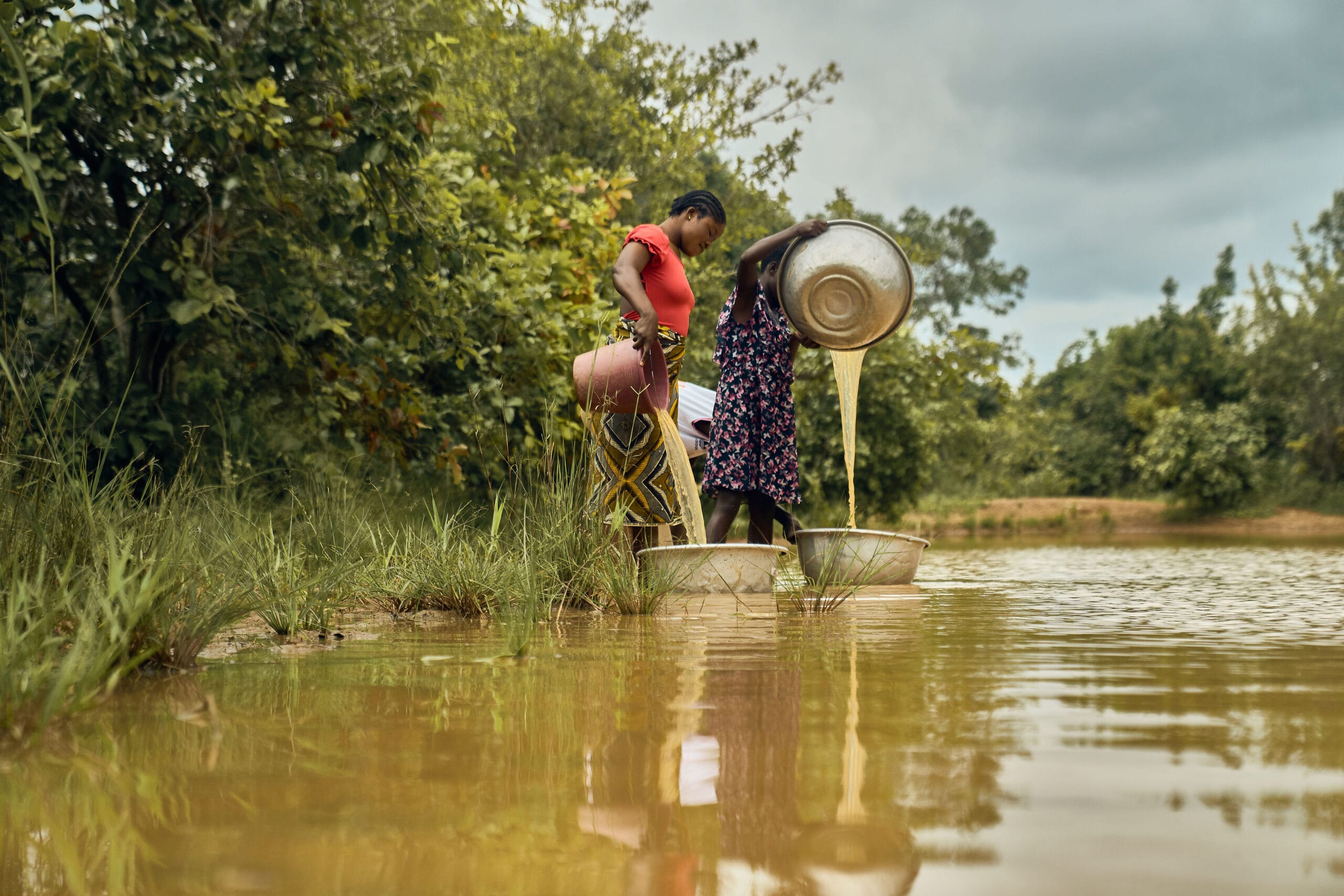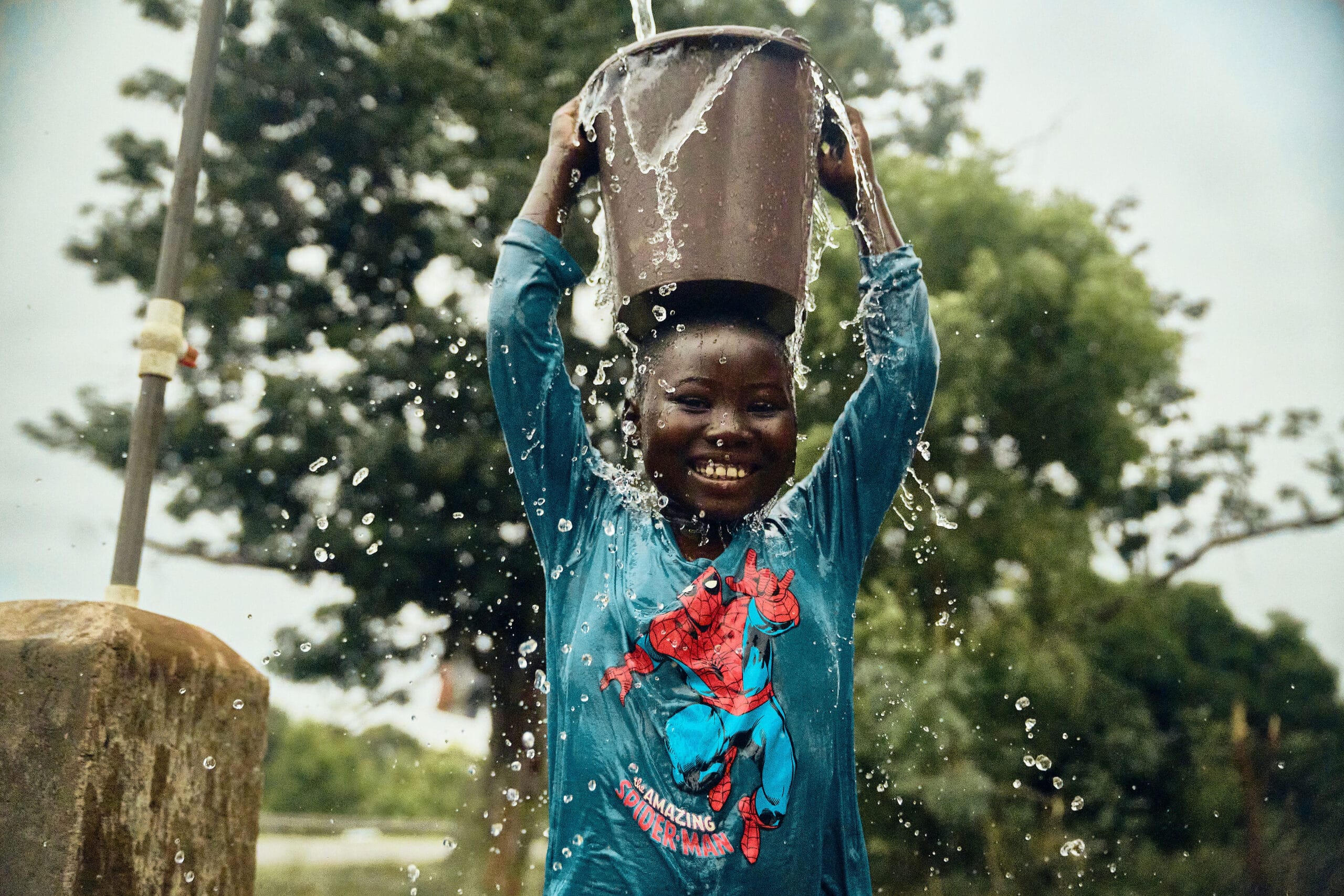Faith, Water, and Wildlife: A New Path for Communities in Northern Ghana
In northern Ghana, a unique opportunity is emerging where clean water, conservation, and community development meet. Along the Western Wildlife Corridor, which stretches through the Savannah Region into protected areas like Mole National Park, communities find that access to clean water opens the door to health, long-term stability, and stewardship.
This corridor is home to elephants, antelopes, and hundreds of bird species. It’s also home to thousands of people, farmers, mothers, pastors, teachers, who depend on the same land and water for survival.
Clean Water, Shared Land
Many communities in and around the corridor have long relied on rivers and surface water, often shared with wildlife. This has risks, not only of illness from unsafe water but also of dangerous encounters between people and animals.
By drilling boreholes and improving WASH access, these communities reduce pressure on natural water sources, helping protect people and ecosystems. This practical step supports conservation goals while meeting one of life’s most basic needs.
“We used to fetch water from the same places the animals drank, and sometimes we had problems. Now with the borehole, we don’t disturb them, and they don’t disturb us. There’s peace between us and the animals. We’re all using the land, so we have to care for it.”
– Isaac, farmer near Mole National Park
The Role of Faith in Stewardship
In rural Ghana, churches play an important role in development and environmental awareness. Stewardship isn’t just about resources; it’s about responsibility. Many communities see caring for creation as a way of honoring God and caring for one another.
When clean water arrives, it’s often seen as an answer to prayer. But it also becomes a foundation for action. With less time spent walking for water, women and youth can participate in community projects, farming, and even small-scale ecotourism.
Ecotourism with Integrity
Ecotourism is already growing in the Mole region. Visitors come to see wildlife, learn from local traditions, and walk paths that have been part of daily life in these communities for generations. This brings opportunities for the nearby communities, but only if tourism is done with integrity.
Clean water is essential to this process. It allows families to welcome visitors safely, prevents disease, and supports food preparation, sanitation, and comfort for hosts and guests. It’s the starting point for sustainable, community-led tourism that uplifts rather than disrupts.
“When visitors come now, we can welcome them properly. We have clean water, and we’re proud to share our stories and show them our land. It’s a small beginning, but it brings hope.”
– Esther, local guide near Mole National Park
Where Faith and Action Meet
Water for West Africa and its partners support a Christ-centered vision of development grounded in local leadership. In the communities near Ghana’s conservation corridors, this means combining water access with education, faith, and respect for the land.
Clean water is not the end goal. It is the beginning of health, peace, stewardship, and a future where people and wildlife can thrive side by side.
Together, we can honour God’s creation, uplift communities, and make clean water a reality where it’s needed most.
